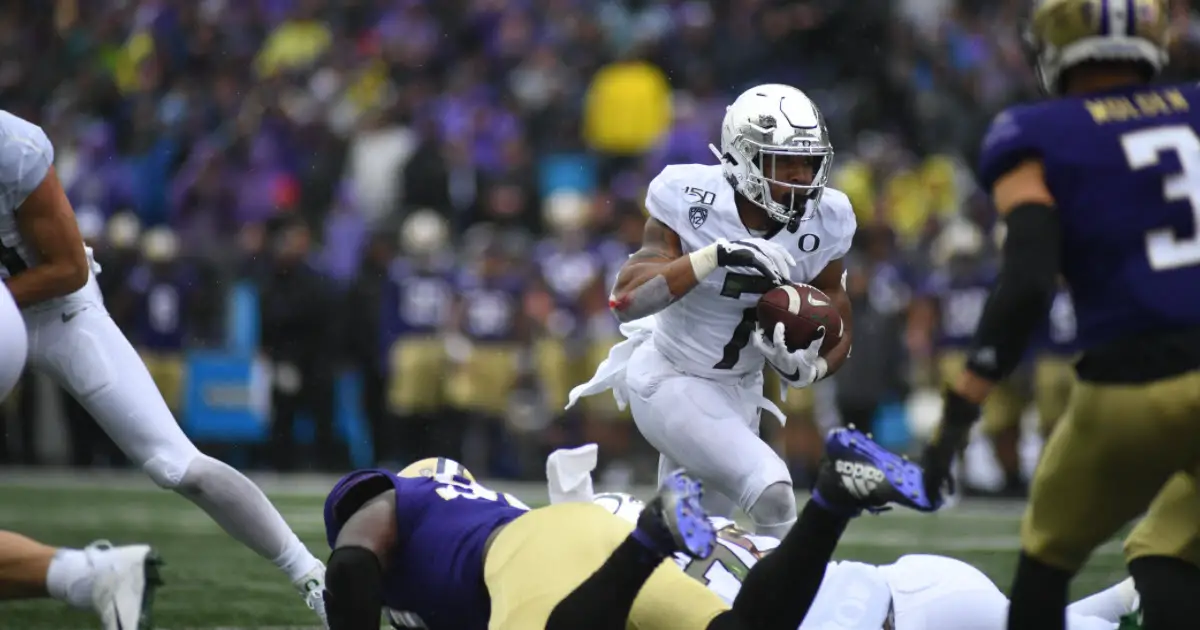Whether or not the Ducks season is saved for an early November start, pushed back to spring 2021, or staggers erratically with fits and starts of games, Ducks Football is likely to suffer a blow from COVID-19 impacts that will take some years to recover from. As hard as it may be for fans to swallow, 2020 sports has entered uncharted territory.
A series of cataclysmic disasters in Oregon and the nation will reshape college sports. The COVID-19 pandemic and devastating fires burning across the west have caused repeated body slams to state and federal budgets, as the governments grapple with the costs of healthcare, relief packages, stimulus checks, unemployment benefits and a myriad of rebuilding programs. These long-term negative effects will have a lasting impact on college football.
Protests, social movements and the character and values of Generation Z are cracking the shell and foundation of the NCAA. Athletes are uniting to demand compensation and benefits from the massive revenues generated through college sports’ media packages, as well as increased safety and protection.
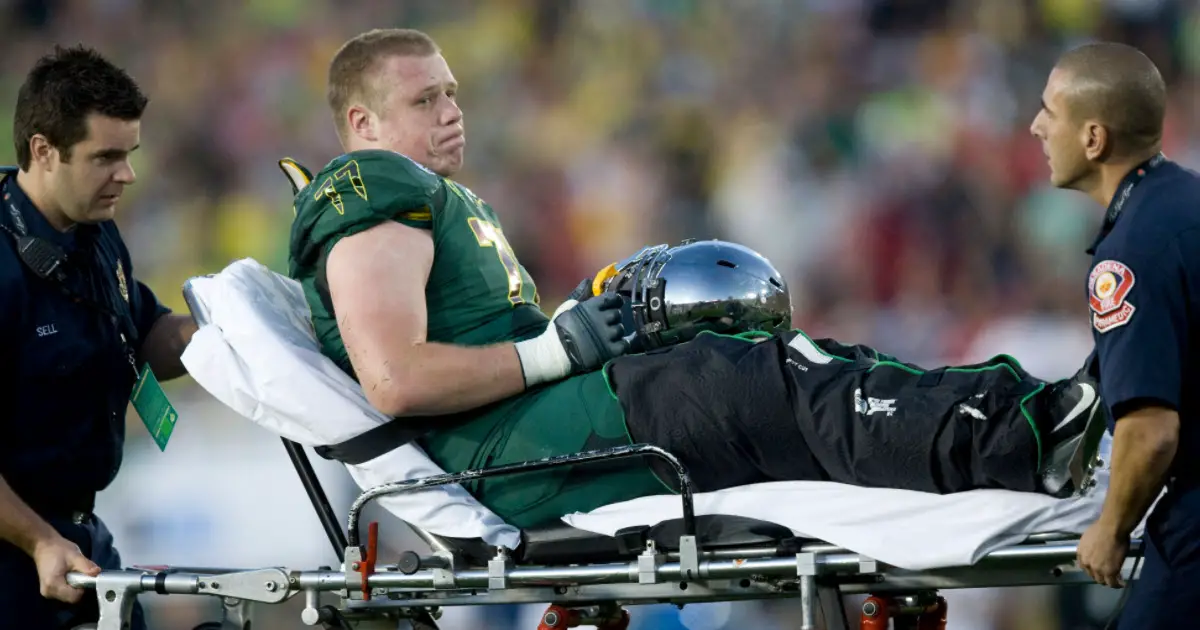
Carson York injured at a previous Rose Bowl.
Some athletes, with more soon to follow them, are raising support for insurance protection against injuries and latent prolonged negative health ailments related to their time on the playing field and in gyms and practice fields during their time in college athletics.
This is only the beginning of those movements, but in time the athletes will prevail and win protection, power, and compensation. The NCAA will be forced to negotiate and agree to remedies.
Where will Oregon football stack up in the rebuilding priorities of government officials, university presidents, administrators and fans? College football is part of our American constitution and cultural fiber, but how will football and society respond when things become scrambled and the going gets tougher with fallout from the catastrophes of 2020?
The PAC-12 has a national PR problem indeed, but its problems run far deeper than PR. There is a leadership crisis, and financial disadvantages compared to other conferences due to the disparity in media revenue receipts. Will leadership effectively respond to the chaos, or will the other conferences with fewer non-football issues widen their advantages over the PAC-12?
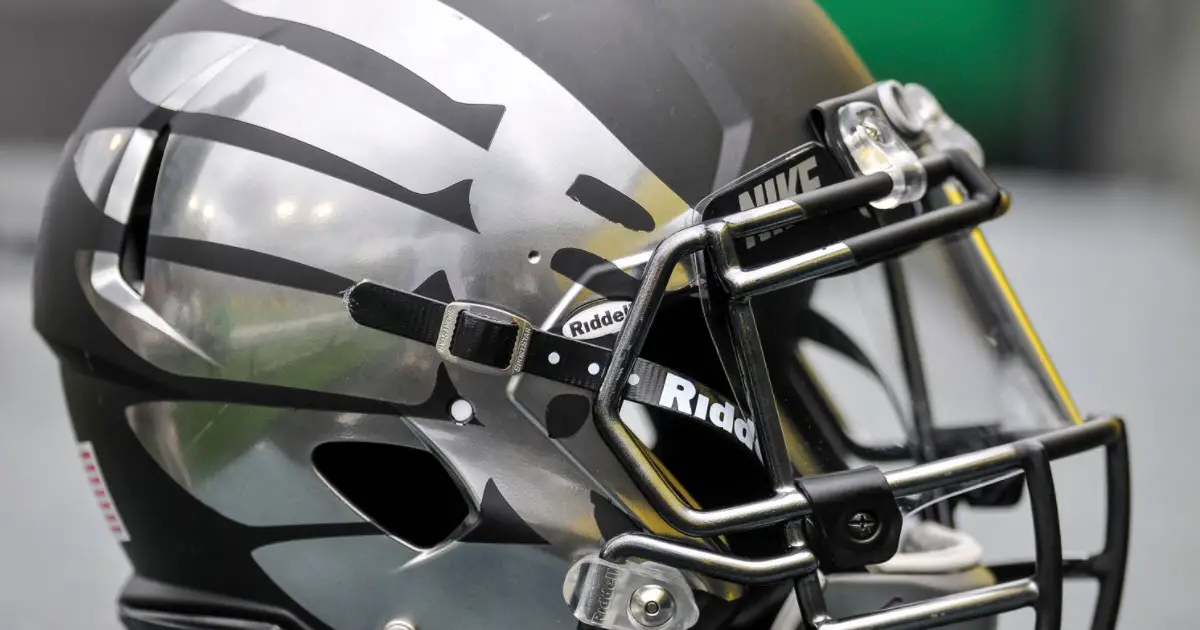
Will Oregon football change like the helmets?
The stage is far from set. Much is new and changes every day. There are many factors in play here that will have lasting effects over the next decade and beyond. Will the fans in this sea of change be resilient and return when college football normalizes again, or will there be latent effects from the changed world and the interruptions to college football as we have known it in the past?
The NBA lockout of 2011 is an example of an interrupted sports season. The strike was described by Sean Gregory of TIME as “a revolting tapeworm” eating away at the season. COVID-19 and other 2020 events might be viewed the same way. Gregory further wrote ”Mayors from 14 NBA cities recently penned an open letter to NBA commissioner David Stern and players union chief Billy Hunter, imploring them to end the lockout … Lost in the debate over a new NBA collective bargaining agreement has been the perspective [of city] residents and the negative impact a cancelled season might have on them, our cities, and our local economies.”
The same will someday be said about losses to Ducks football.
The list of victims of interrupted seasons is wide and varied. The 1994 and 1995 MLB strike effectively ended Michael Jordan‘s pursuit of a career in major league baseball. The delay of games was the demise of the Montreal Expos, putting them out of business. There was no World Series played, and a bevy of players’ advancing personal milestones were denied by the stoppage of games; Tony Gwynn, Matt Williams and Ken Griffey, Jr. among them.
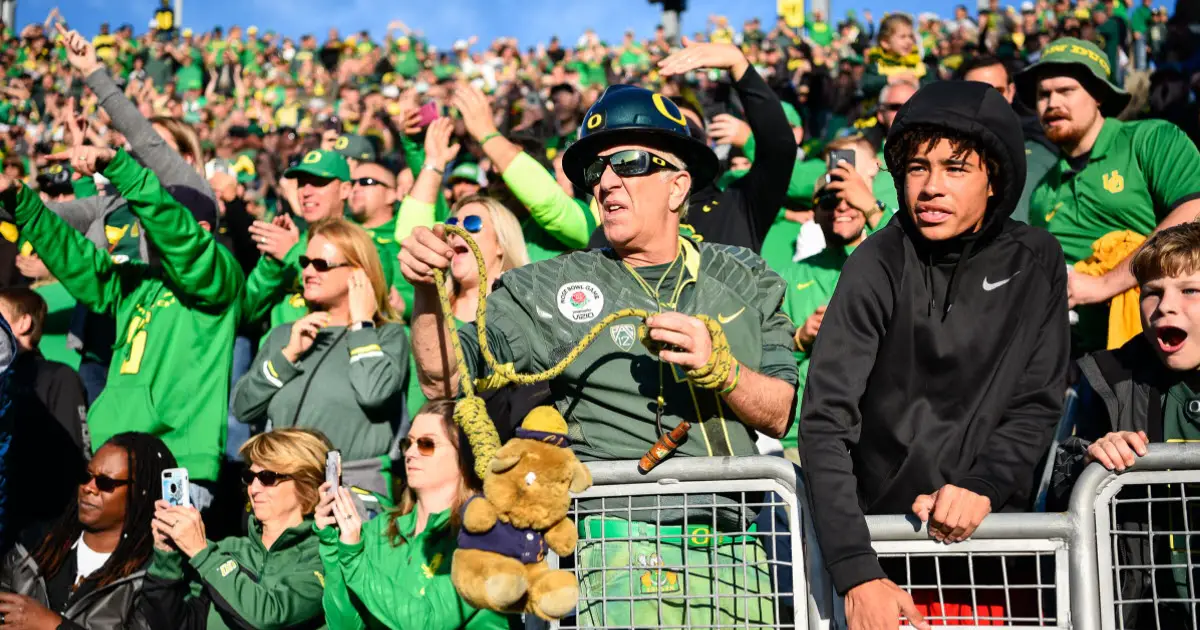
Some fans get turned off by the actions of others … and players.
USA Today reported that “by the time 1995 rolled around, the strike gave players an option they never had before — early retirement.” When scheduled play resumed the fan base had declined by more than 20 percent.
These are different circumstances, but will the result be similar? MLB did not play a full season of scheduled games for two years. Might college football experience the same?
Our hopes as Ducks were fueled again this week, but not all the haze in the air is smoke. Storm clouds are building.
A big one is coming.
Brent Pennington
Greenville, South Carolina
Top Photo by Truong Nguyen
 Bob Rodes, the FishDuck.com volunteer editor for this article, is an IT analyst, software developer and amateur classical pianist in Manchester, Tennessee.
Bob Rodes, the FishDuck.com volunteer editor for this article, is an IT analyst, software developer and amateur classical pianist in Manchester, Tennessee.
Related Articles:
Ducks Football 2026: Breaking Down Strengths And Weaknesses
These Ducks Will Have Monster Second Seasons as Starters
Oregon Football: Early 2026 Ranking Projections
FishDuck Foaming Over Upside of 2026 Diamond Ducks
Unbelievable...Same SEC Stuff, Different Day
Why Oregon Football Always Belongs in the National Conversation
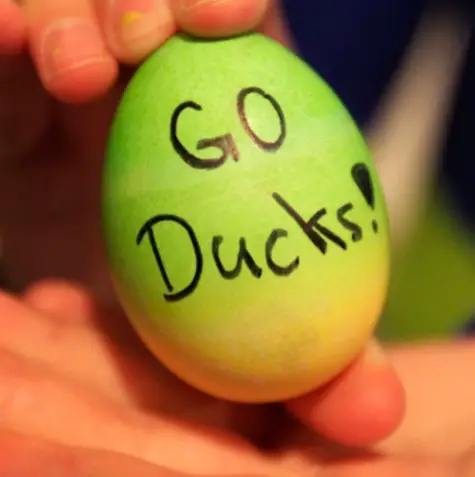
Born in Eugene, Brent Pennington grew up along the Siuslaw river in Lane county. He attended his first Ducks football game in 1960, and was inside Autzen stadium for its opening game in ’67. Brent attended the UO College of Business Administration from 1969-1975 interrupted by U.S. Army service. He has traveled much of the world in the Lotteries and Gaming industry.

